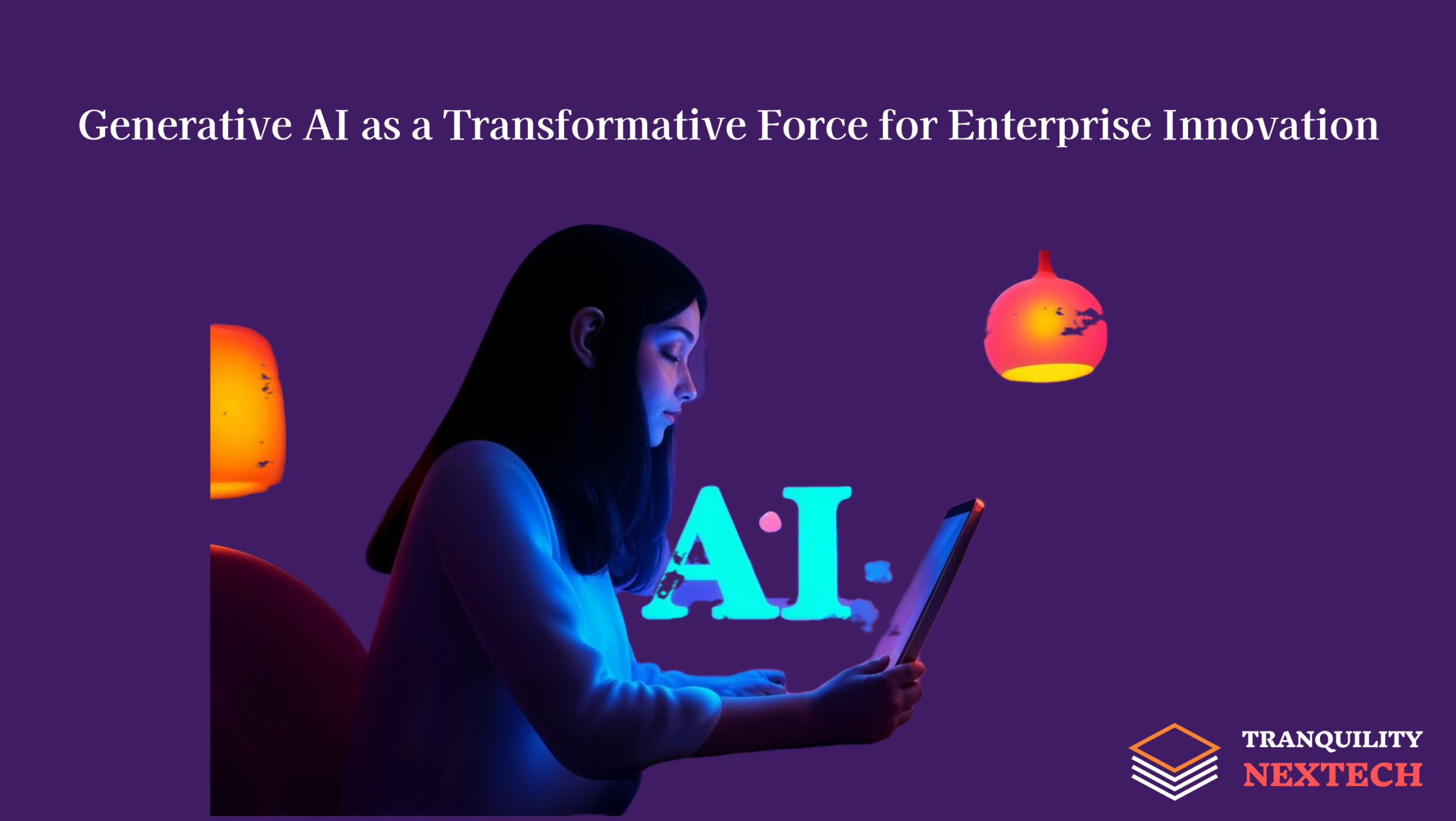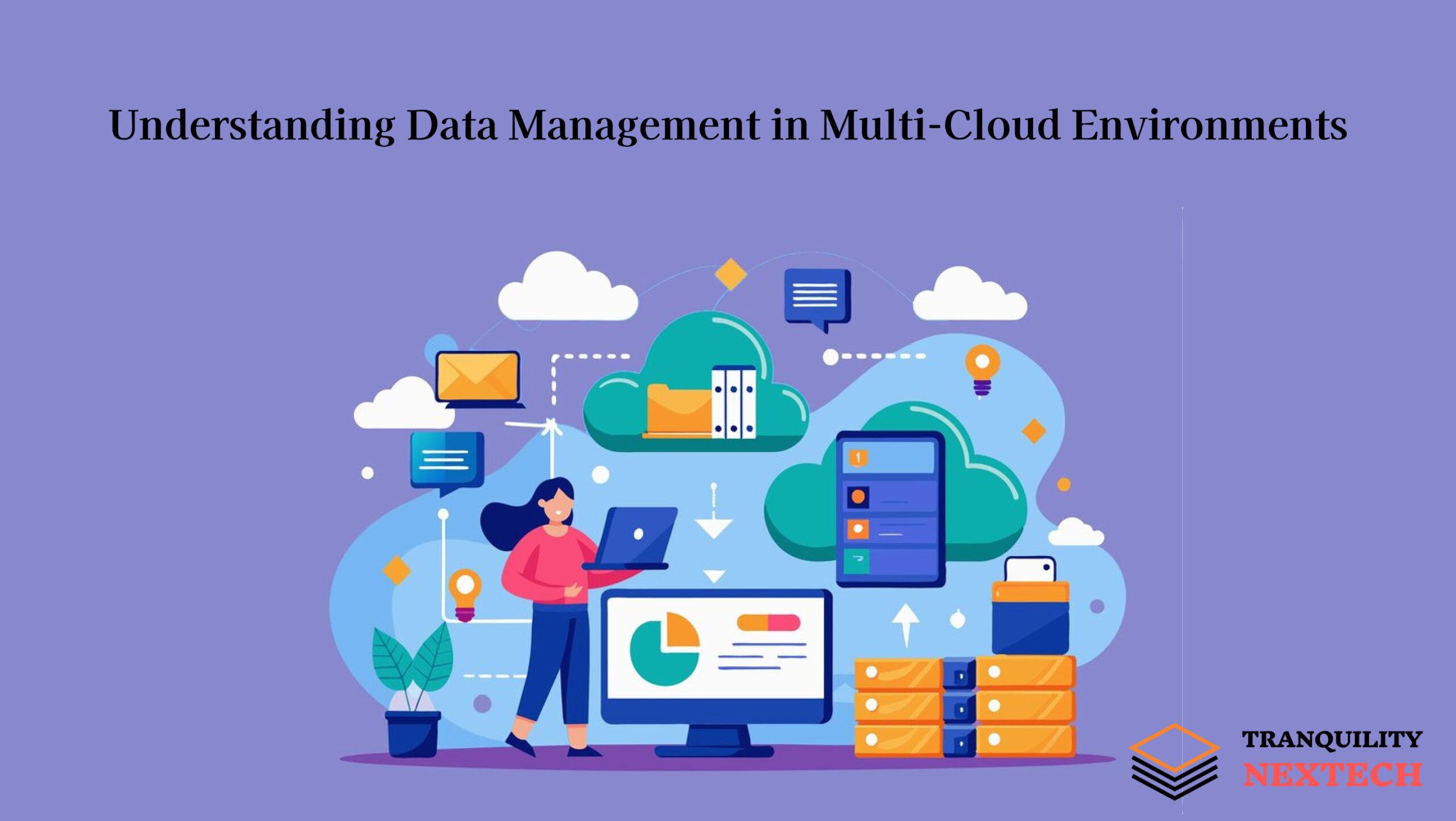Managing complex systems efficiently has become crucial as businesses scale and move their operations to the cloud. AI Ops (Artificial Intelligence for IT Operations) has emerged as a critical solution for enhanced performance, reduced downtime, and better operational insights. By leveraging AI and machine learning (ML), AI Ops helps automate IT operations, making cloud systems more efficient and responsive to the ever-increasing demand for digital transformation.
What is AI Ops?
AI Ops is applying artificial intelligence, particularly machine learning and analytics, to improve IT operations. Traditional IT operations are often manual, reactive, and siloed. AI Ops, in contrast, brings automation, predictive analysis, and a more proactive approach to managing infrastructure.
AI Ops utilizes data from various IT environments (cloud systems, data centers, and applications) to provide a holistic view of performance. By analyzing this data, AI Ops identifies patterns, predicts system failures, and optimizes resource allocation, thus improving overall operational efficiency. This technology aims to enhance areas such as:
- Event correlation: Grouping and correlating related IT incidents to reduce noise and pinpoint the root cause of issues.
- Anomaly detection: Using machine learning to detect abnormal patterns and potential risks before they escalate.
- Automated root cause analysis: AI Ops helps identify and fix incidents’ root causes faster, minimizing downtime.
- Capacity optimization: AI Ops ensures optimal resource usage, reducing overprovisioning and improving scalability.
AI Ops offers a more innovative, efficient way to manage IT operations, making it a valuable tool for organizations adopting cloud technologies.
What Can AI Ops Be Used With?
AI Ops can be integrated with several IT components and environments to boost efficiency. Here are some areas where AI Ops finds its best use:
1. Cloud Computing
Cloud environments are highly dynamic, involving continuous scaling and resource optimization. AI Ops can optimize workloads, reduce cloud costs, and predict potential outages in cloud services. It helps manage the complexity of hybrid and multi-cloud architectures by automating routine tasks, monitoring performance, and resolving issues faster than traditional methods.
AI Ops tools can analyze vast amounts of data generated by cloud services (e.g., AWS, Azure, Google Cloud) to predict and prevent downtime, optimize resources, and ensure compliance with cloud security policies. By automating these processes, organizations can significantly reduce the burden on IT teams and maintain optimal performance.
2. DevOps and Continuous Integration/Continuous Deployment (CI/CD)
AI Ops plays a critical role in DevOps environments by providing real-time insights, predicting potential problems during the development and deployment phases, and ensuring the seamless integration of new code into the production environment. It helps reduce CI/CD pipeline bottlenecks, automates quality assurance tasks, and detects anomalies before they impact the end-user experience.
For DevOps teams, AI Ops can also correlate data from multiple sources, such as log files, event metrics, and application performance, to provide actionable insights and boost overall productivity.
3. Data Centers and On-Premise IT Infrastructure
Although cloud adoption is increasing, many organizations still manage on-premise infrastructure. AI Ops can monitor these environments to ensure optimal performance and reduce downtime. It identifies patterns in server utilization, storage, and network performance, providing predictive insights for better capacity planning.
For data centers, AI Ops can reduce the complexity of monitoring thousands of interconnected devices and systems. Automating incident response and root cause analysis frees up human resources to focus on higher-value tasks.
4. IT Service Management (ITSM)
Incorporating AI Ops into IT Service Management tools (such as ServiceNow BMC Helix) automates ticketing systems, incident management, and change management processes. This integration leads to faster resolution times, fewer human errors, and a more streamlined IT operation.
ITSM solutions powered by AI Ops can also help track service-level agreements (SLAs), improve customer satisfaction, and offer proactive maintenance before issues affect service availability.
5. Security Operations (SecOps)
AI Ops can strengthen security operations by detecting anomalies, identifying threats, and automating responses to security incidents. In SecOps environments, AI Ops helps identify unusual behaviors, conduct faster forensic analysis, and automate the incident response process. This boosts the organization’s overall security posture by minimizing reaction time to threats.
What is the Tech Stack We Can Use AI Ops With?
The success of AI Ops depends mainly on its integration with a comprehensive tech stack that supports AI, ML, and automation. Here are some of the standard tools and platforms used with AI Ops:
1. Data Analytics Tools
- Splunk: Splunk provides powerful analytics capabilities, allowing AI Ops platforms to process and interpret large volumes of IT data.
- Elasticsearch, Logstash, Kibana (ELK): These open-source tools offer data visualization, storage, and real-time search capabilities, making them ideal for analyzing logs and event data in AI Ops.
2. Cloud Platforms
- Amazon Web Services (AWS): AWS offers services such as AWS AI and AWS CloudWatch for real-time monitoring and AI capabilities like SageMaker to support AI Ops workflows.
- Microsoft Azure: With Azure AI and Azure Monitor, AI Ops can be deployed to optimize cloud infrastructure, automate tasks, and monitor application performance.
- Google Cloud Platform (GCP): GCP’s AI and ML tools, such as Google AI and Stackdriver, provide comprehensive monitoring, analytics, and automation support for AI Ops systems.
3. AI and Machine Learning Tools
- TensorFlow: This open-source framework supports deep learning models essential for building predictive analytics capabilities in AI Ops.
- Apache Spark: A big data processing engine, Spark integrates well with AI Ops for real-time data processing and machine learning model deployment.
- PyTorch: Another popular deep learning framework, PyTorch helps develop AI models for incident prediction and automation in IT operations.
4. Automation and Orchestration Tools
- Kubernetes: Kubernetes can be integrated with AI Ops to automate container orchestration and deployment. AI Ops can analyze the health of Kubernetes clusters and optimize resource utilization.
- Ansible and Puppet: These configuration management tools are commonly used in DevOps, and integrating AI Ops allows them to automate routine infrastructure tasks based on predictive insights intelligently.
5. IT Monitoring Tools
- Nagios: A widely used open-source monitoring tool, Nagios tracks the health of systems and networks. When paired with AI Ops, it provides advanced predictive analytics and automation.
- Prometheus: This open-source monitoring tool is popular in cloud-native environments. AI Ops can enhance Prometheus by providing smarter alerting mechanisms and better anomaly detection.
Conclusion
AI Ops is rapidly transforming how businesses manage IT operations, especially in cloud environments. By automating routine tasks, providing predictive insights, and optimizing resource allocation, AI Ops enhances cloud efficiency and reduces operational costs. From DevOps to security, data centers to ITSM, AI Ops is being embraced across industries to ensure smoother, faster, and more reliable operations. AI Ops is positioned to become a cornerstone of modern IT strategy with its powerful tech stack and broad applicability. As businesses continue to scale and evolve, AI Ops will be critical in ensuring that IT operations keep pace with growing demand.
FAQs
1.What is AI Ops?
- AI Ops refers to using artificial intelligence and machine learning to automate and optimize IT operations.
2. How can AI Ops improve cloud efficiency?
- AI Ops automates routine cloud tasks, predicts failures, optimizes resource use, and reduces downtime, improving overall cloud performance.
3. Which cloud platforms can AI Ops work with?
- AI Ops can be integrated with popular cloud platforms like AWS, Microsoft Azure, and Google Cloud.
4. What tools are used with AI Ops for automation?
- AI Ops integrates well with tools like Kubernetes, Ansible, Puppet, and Prometheus for automation and orchestration.
5. How can Tranquility Nextech assist with AI Ops implementation?
- Tranquility Nextech offers expert solutions to design and implement AI Ops from scratch or integrate it with existing infrastructure, boosting cloud efficiency and IT operations.
If you have any queries or require business-related IT solutions, please reach out to us at: shan@tranquilitynxt.com








